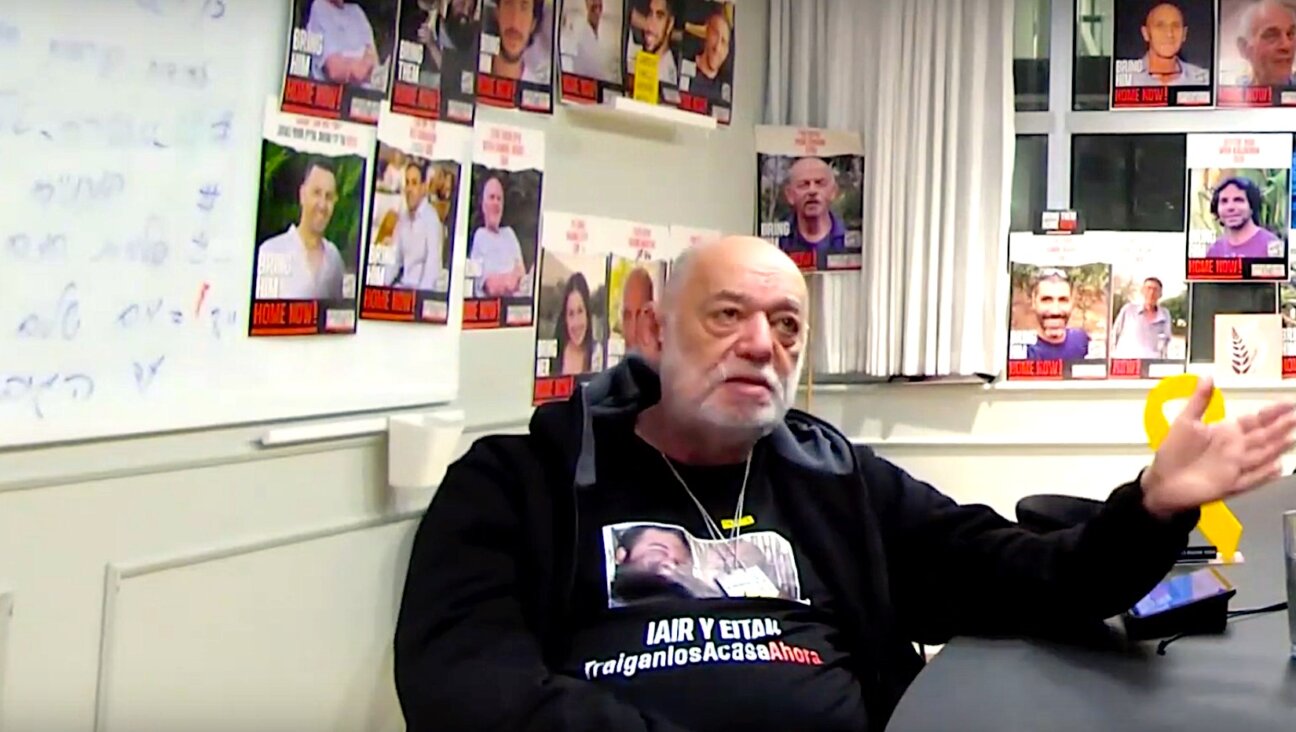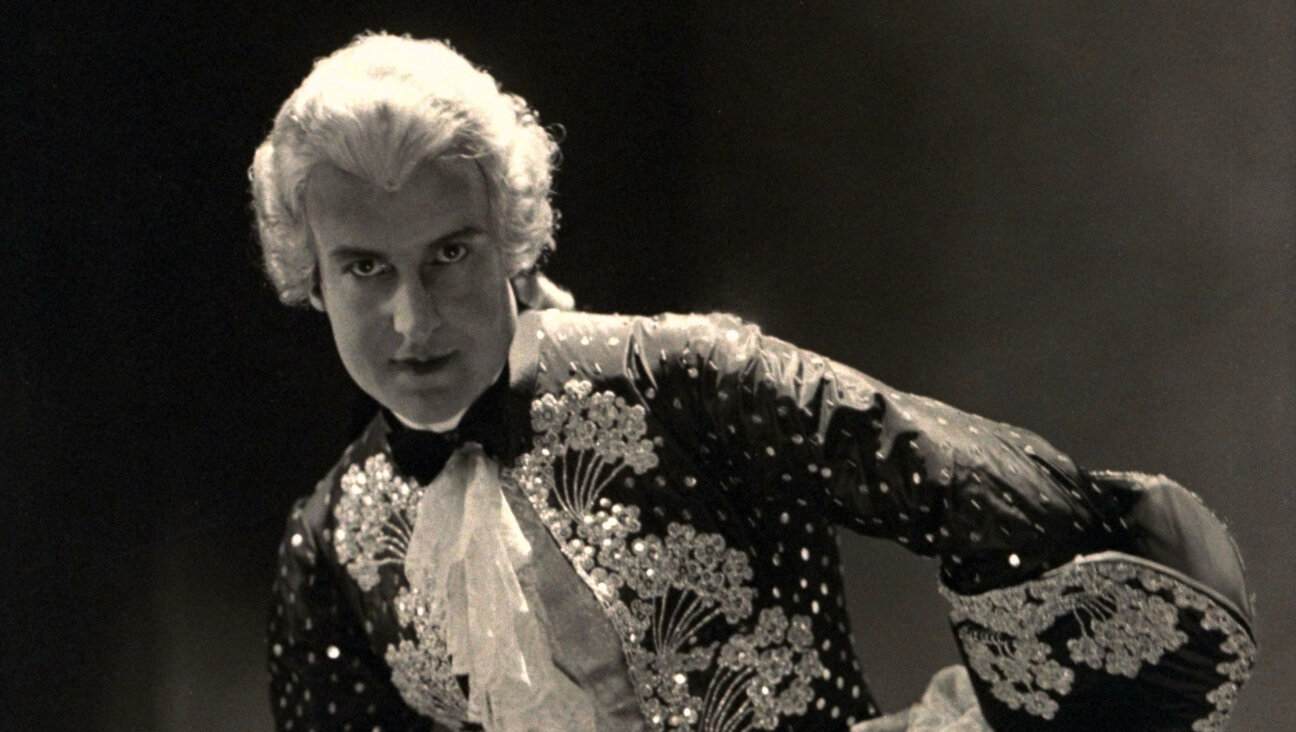Survivor of Concentration Camp Revolt, 87, Dies
Chaim Engel, who took part in one of the most successful escapes from a Nazi concentration camp, died of heart failure on July 4, following a stroke and pneumonia. He was 87.
Engel lived a life as dramatic as any book or action film — and his story became material for both. The son of a textile-store owner, Engel was born in Brudzew, Poland, in 1916. But after a pogrom broke out in the town, 5-year-old Engel and his family moved to Lodz. Engel went to work in his uncle’s textile factory after middle school, before being conscripted into the Polish army. Two weeks before his service was set to end, the German army invaded Poland. Several weeks into the war, Engel was taken prisoner.
In 1940 he was returned to Poland with other Jewish prisoners of war but was then deported to the death camp of Sobibor in 1942. It was there that he met his future wife, Selma Wynberg, when the two were forced to dance to entertain Nazi camp guards.
In 1943, Engel and Wynberg participated in a daring revolt against the guards of the camp. “I don’t think I was a big hero or a big, uh, courageous man,” Engel said in his testimony to the United States Holocaust Memorial Museum, describing the Sobibor uprising, “but I figured it’s self-defense and survival. If I don’t do it, it might spoil the whole thing… I went with [another inmate] in the office and we killed this German. With every jab [of the knife], I said, ‘This is for my father, for my people, for all these people, all the Jews you killed.’”
Most of those involved in the uprising were killed, but Engel and Wynberg were two of roughly 50 inmates who escaped, and the couple rode out the rest of the war in the Polish countryside. The story of the revolt was recounted in Richard Rashke’s 1982 book, “Escape from Sobibor,” and the 1987 film version, in which Robert Gwilym played Engel, and Ellis Van Maarseveen played Wynberg.
After the war, Engel and Wynberg married and lived in Holland and Israel before settling in Connecticut in 1957. Engel first worked in a grocery store, and then owned a bread distribution route and a greeting card store in Stamford, before eventually becoming a jeweler in Old Saybrook, where he worked until his retirement. Engel and his wife spent a great deal of their time touring the country lecturing on their experiences during the Holocaust.
Engel is survived by his wife, his daughter Alida, son-in-law Gene Burger, son Ferdinand, daughter-in-law Barbara and four grandchildren.
A message from our Publisher & CEO Rachel Fishman Feddersen

I hope you appreciated this article. Before you go, I’d like to ask you to please support the Forward’s award-winning, nonprofit journalism so that we can be prepared for whatever news 2025 brings.
At a time when other newsrooms are closing or cutting back, the Forward has removed its paywall and invested additional resources to report on the ground from Israel and around the U.S. on the impact of the war, rising antisemitism and polarized discourse.
Readers like you make it all possible. Support our work by becoming a Forward Member and connect with our journalism and your community.
— Rachel Fishman Feddersen, Publisher and CEO























